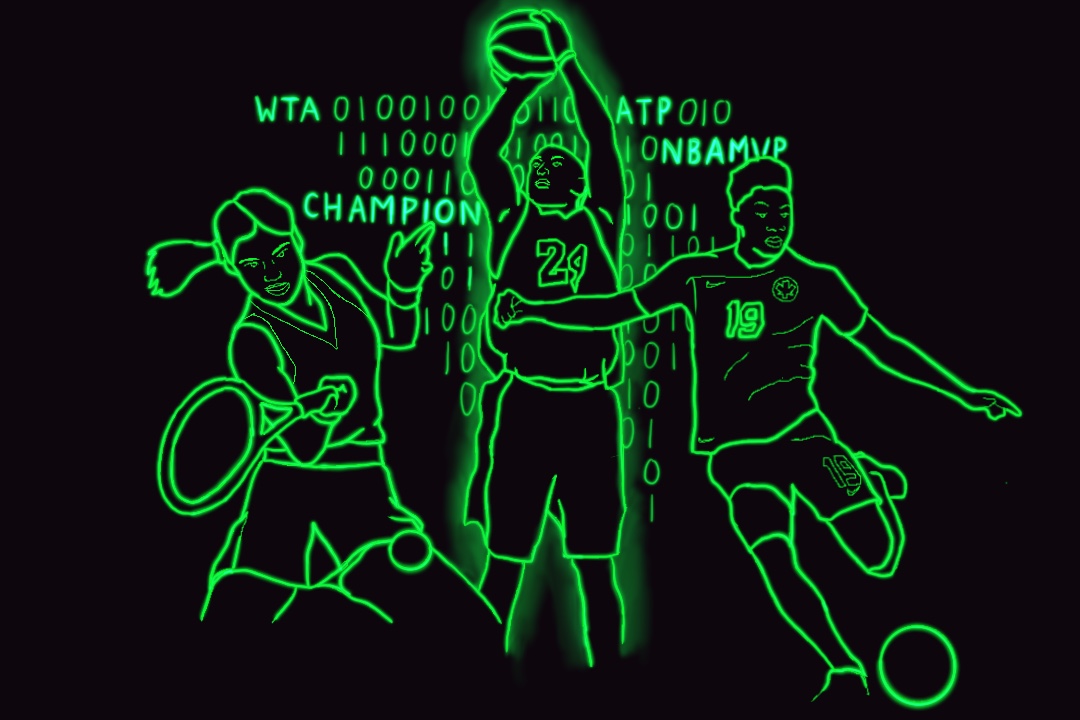“With the game on the line. One shot. Who would you rather have taking it, Iggy or Curry?”
“I want Iguodala.”
This is a snippet from the infamous exchange between Molly Qerim Rose and Max Kellerman, former co-hosts of ESPN’s First Take, the morning after Andre Iguodala hit a buzzer beater to put the Warriors five points above the Raptors in the 2018–19 NBA finals.
Since then, this iconic dialogue has birthed several headlines, an overused TikTok audio, an in-demand line of merch, and even a surprisingly bearable EDM remix. This is primarily because the show’s viewership was amused — to say the least — by Kellerman’s desired choice of personnel. Stephen Curry is touted as one of the best shooters to ever pick up a basketball. Andre Iguodala, on the other hand, isn’t. This is why data analytics are so important — without it, we make mistakes.
The current state of data analytics
Data analytics have completely changed the world of sports. Clipboard-bearing old men with the spirit of the game flowing through their linen tracksuits have reluctantly made way for analysts with economics degrees and the brawn of numbers. According to one Forbes article, the market for sports analysis is predicted to reach $4 billion by 2022 due to its widespread use in modern sports organizations.
The side of statistical scrutinization that the public is most familiar with is using data to find players that are either overlooked or undiscovered.
Billy Beane applied this to considerable success with the Oakland Athletics in their 2002 season. The word ‘moneyball,’ which refers to a process of using data analysis in tandem with an evidence-based, sabermetric approach to team building, was coined by Michael Lewis in his 2003 book of the same name. A similar methodology to moneyball was observed in Brentford’s recent success and qualification to the English Premier League of soccer after a 74-year drought, and even in the Cleveland Browns’ slight but sure advancements in the NFL.
Data analytics in the front office
The relationship between sports and data analysis, however, isn’t limited to building the perfect team on a low budget. Leagues across the world are trying to use data to help them build a viewership across social media platforms. Customer engagement data is crunched round the clock, not only to determine the best schedules for content posting, but the type of content to post, which accounts to tag and follow, and even what hashtags to use.
This extends into the online realm of ticket and merch shopping. In the NFL, the New England Patriots use data from their stadium and online stores to predict shopping trends and determine expected sales to better ascertain things like ticket pricing and staffing in their stadium shops. Team and league management can further use analysis to improve procurement of goods, supply-chain management, and logistics.
The future of data analytics
In the current scenario, however, the next step toward integrating data analysis in sports is to provide the numbers for the viewer.
The world has gotten used to the small boxes during game broadcasts that inform spectators about a player’s field goal percentage or the chances they create in a specific game. The next step in this domain is to crunch the numbers in real time and provide the viewer with more facts, including live win probability, the average position of a player on the field, and tracking momentum.
The ongoing 2021–2022 SailGP is utilizing real-time data crunching to its maximum potential. By employing the services of Oracle Cloud Infrastructure, they are offering teams customizable data dashboards which collect over 30,000 data points per second, to help them restructure their strategies while also making the experience a fun and immersive one for the viewers.
Numbers have revolutionized the fabric of sports over the course of this century and breakthroughs in the future will, no doubt, continue to do so. Maybe, in the future, analysts will, for example, be able to predict the probability of Curry hitting a buzzer beater.
Till then, we study the numbers, build fantasy teams, and watch our favourite players in awe — unless you’re a Pistons fan, in which case you probably watch in frustration.


